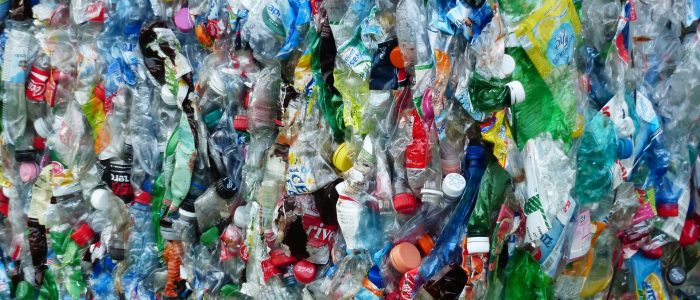How plastic waste is turned into crude oil
OMV develops new process
The world’s crude oil reserves continue to decline due to high demand. At the same time, larger and larger mountains of plastic waste are piling up in the world’s oceans and landfills. The Austrian energy group OMV has a solution for both problems: plastic is supposed to become crude oil again through the so-called ReOil process.
Every hour, the company can produce 100 liters of crude oil from around 100 kilograms of plastic waste. Packaging waste made of polyethylene or polypropylene is heated and converted under pressure into synthetic crude oil. The process takes place at the OMV refinery in Schwechat. The resulting crude oil is then further processed into fuels or other raw materials for the plastics industry.
Manfred Leitner, OMV Board Member Downstream: “With this technology, it is possible for a barrel of oil to be used several times. This reduces the amount of used plastics that are burned and greenhouse gases. The ReOil process thus supports OMV’s sustainability targets in the key area of CO2 efficiency”.
Plastic waste: China no longer accepts waste
In detail, OMV uses the thermal cracking process. Thereby temperatures of more than 300 degrees Celsius are used. The medium- and long-chain hydrocarbons are separated into short-chain hydrocarbons. Long-chain plastics are produced from short-chain oil, which are turned back into oil by the ReOil process. The company has patented this process in Europe, the USA, Russia, Australia, Japan, India, China and other countries.
The company invested around ten million euros in the project. The Austrian Research Promotion Agency will cover 10 percent of the costs.
The amount of waste is increasing rapidly every year: more than two billion tons of wastes are produced every year. Recycling is becoming increasingly important, especially in Europe, because China has not accepted any plastic waste from Europe since the beginning of 2018.



